If you could pick one...
13 years ago
Related Stories
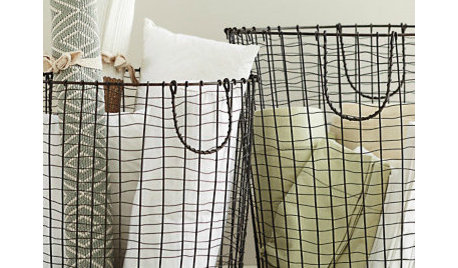
PRODUCT PICKSGuest Picks: If I Could Have a Dorm Room Do-Over
One interior decorator reimagines the drab dorm room into a stylish, fun space to study and sleep
Full Story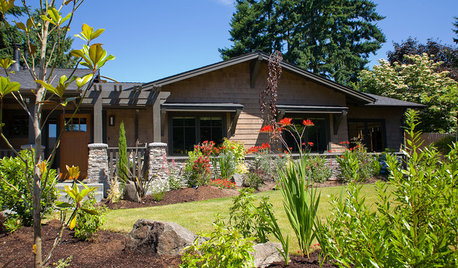
ARCHITECTUREHouse-Hunting Help: If You Could Pick Your Home Style ...
Love an open layout? Steer clear of Victorians. Hate stairs? Sidle up to a ranch. Whatever home you're looking for, this guide can help
Full Story
PRODUCT PICKSGuest Picks: What Could Your Kids Dream Up Here?
Create a crafting corner with these art supplies and furnishings, and watch eager imaginations take off
Full Story
PRODUCT PICKSGuest Picks: A Man Cave a Woman Could Love
20 ways to create a space for him that doesn't sacrifice style
Full Story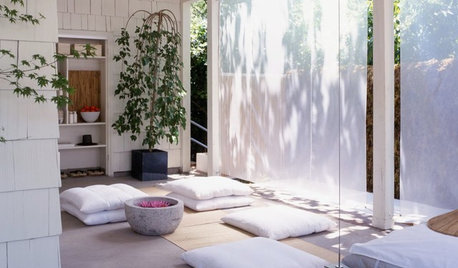
DREAM SPACESIf You Could Choose One Dream Space ...
Yoga room, wine cellar, infinity pool or tricked-out garage — which of these luxurious rooms would be at the top of your list?
Full Story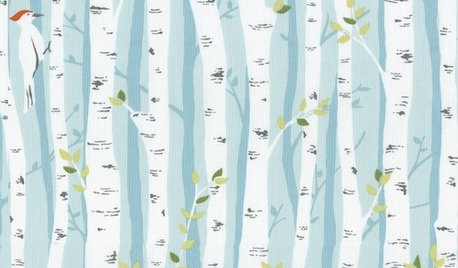
PRODUCT PICKSGuest Picks: Whimsical Fabrics for Little Ones
Give a nursery, playroom or kids' bedroom a playful air with fabrics done up in bright colors and delightful prints
Full Story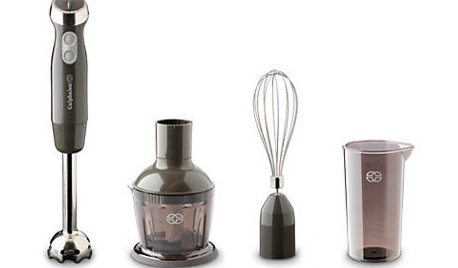
PRODUCT PICKSGuest Picks: Cooking for One
Whip up single portions easily — and keep cleanup simple — with these size-conscious kitchen tools, cookware pieces and gadgets
Full Story
DECORATING GUIDESCould a Mission Statement Help Your House?
Identify your home’s purpose and style to make everything from choosing paint colors to buying a new home easier
Full Story
PRODUCT PICKSGuest Picks: 20 High-Energy Beach Towels
Who knew beach towels could be so fun? These colorful ones mark your spot on the sand in high style
Full Story
PRODUCT PICKSGuest Picks: 20 Picks for a Happy and Hip Nursery
Pastels and ruffles, begone! Outfit your nursery with bright colors and a bit of wit and whimsy instead
Full Story


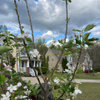

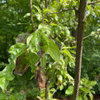
misterbaby
peachymomo
Related Discussions
If you could pick just one flowering plant...
Q
Lawnboy 10550's available in WNC
Q
What 'Rose of Sharon' Type Hibiscus Do You Recommend?
Q
garden planning
Q
girlbug2
djofnelson
athenainwi
ajourniOriginal Author
djofnelson
austransplant
ajourniOriginal Author
olpea
fabaceae_native
obrionusa
kokopelli5a
Kevin Reilly
ajourniOriginal Author
peachymomo
oregonwoodsmoke
riverman1
bonsaist
ajourniOriginal Author
glib
ajourniOriginal Author
creekweb
glib
creekweb
ajourniOriginal Author
rasputinj
austransplant
ravenh2001
ravenh2001